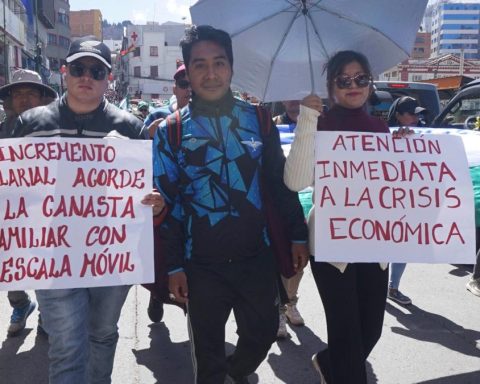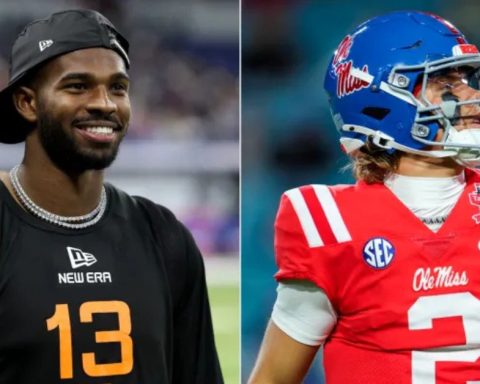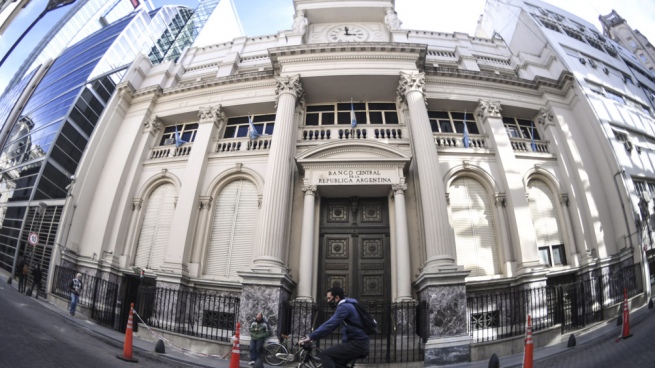For some time now Guilherme Momensohn the clubs put an “initial condition” to negotiate the signing of a footballer: must be free. “If you have a current contract, you’re not even interested,” says the Brazilian agent.
With finances still hit by the pandemic and due to a change in mentality of many footballers, the recruitment of so-called free players raised the past two seasons all over the world.
For the Brazilian castswinners of four of the last five editions of the Copa Libertadores, that transfer model has been ideal to strengthen themselves against their South American peers and draw attention to their championship by signing global stars late in their careers.
“When it comes to a free player, teams tend to take risks because they don’t have to part with money. to make the transfer,” Momensohn, who has represented soccer players in Brazil for a decade, told AFP.
Last year, 66.8% of world transfers were made with free athletes, compared to 62.7% in 2020 and 64.3% in 2019, according to a FIFA report.
The arrival under that model of Lionel Messi to PSG, in August 2021, it was the most well-known operation. Valued then at 80 million euros by the specialized portal Transfermarkt, the Argentine star left without leaving a penny to FC Barcelona for his transfer.
And now, among others, the German Antonio Rüdiger replied the move with the Real Madrid and Frenchman Paul Pogba will presumably do so with Juventus.
– Everybody wins –
The growth of this type of signings in Brazil can be seen in the six Brazilian teams that dispute the round of 16 of the Libertadores: Atlético Mineiro, Athletico Paranaense, Corinthians, Flamengo, Fortaleza and Palmeiras.
In the 2018-19 season, before the pandemic, 26.7% of the 112 players signed by those half a dozen clubs had no link with any club. In 2021-22, they were 40% of the 75 reinforcements, according to data from Transfermarkt with a cut to June 27.
in that period Free World Cup players such as Willian, Paulinho, Renato Augusto, Hulk, the Uruguayan Diego Godín, the Spanish-Brazilian Diego Costathe Chilean Mauricio Isla, as well as David Luiz and Fernandinho.
“The club gets a reinforcement, the athlete manages to continue playing in a competition he knows and in a high-level club. It is a combination that pleases everyone,” explains Cesar Grafietti, a partner at the consulting firm Convocados, specializing in investments in football.
For experts, these types of veterans migrate or return to Brazil because they left the high-end market in Europe.They offer them high salaries for the local average or even higher than in a club-to-club business and they can retire at once with whom they have emotional ties or are attracted to cities.
“For footballers, the issue is more about being able to decide their future than simply the financial issue. If they are ‘imprisoned’ in a club, they will always have to ask a third party about the decision they can make. If they are free, the decision is theirs,” says Momensohn.
Fernandinho, 37, justified his return to Paranaense, where he began his award-winning career, in “a personal wish.” “The most sensible decision was to return home,” he said on Monday during his presentation, after ending his relationship with Manchester City (2013-22).
– Paradox effect –
Although a good part of the stars that arrive free to a Brazilian cast are close to retiring, the dynamic includes any type of player, even promising youngsters from other South American countries.
Sometimes, these promises -and also the Brazilian ones- negotiate with their original team the early termination of the contract in exchange for giving them a percentage of a future sale.
“With the financial difference between clubs in Brazil and the rest of South America, it became clearer that the agents prefer to make the transfer first for Brazilian football and then look for the signing for European football,” says Grafietti.
But the model has a paradox effect: Just as Brazilians benefit from their economic power in South America, the Old Continent takes advantage to acquire a player from Brazil.
“By filling up with veteran athletes returning from Europe, young people have less space in the clubs. Many times it will be more interesting for them to wait for the contract to end and then be transferred to Europe at the age of 21 or 22, than to renew and depend on the club wanting to sell it later, “explains Grafietti.
The challenge to prevent the gratuitous drain of talent, according to Momensohn, is to establish higher salaries, long-term contracts, high termination clauses and knowing when to sell. Although, he assures, when a jewel appears, the Europeans, as always, will not hesitate to pay the fine.

















